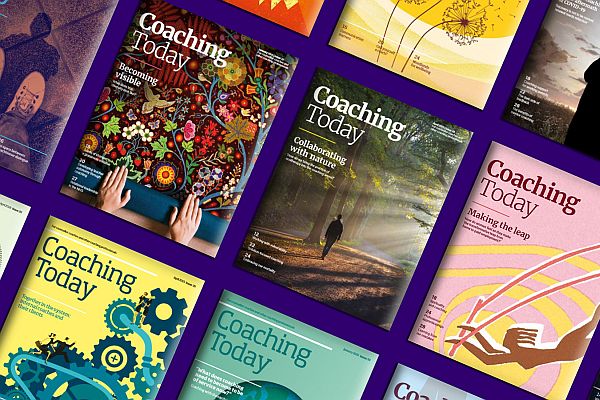Well, it got me in the end. After two years of shielding from the virus, I finally contracted COVID-19 last month on a bus back from Yorkshire. (I can be so specific because I tested negative before travelling; by the following day, I was experiencing symptoms; the day after, I was decidedly sick and a positive test confirmed it).
Apparently, I'm not alone. The media reported a record rise in infections early this year, with many becoming infected for the first time since COVID-19 was first identified in this country. With the lifting of restrictions, Government mandates giving way to guidance, followed closely by the end of free testing here in the UK, infection felt depressingly inevitable. We hear that, due to the vaccine programme, the virus now results in mild disease, and hospitalisations and deaths remain relatively low. However, what I experienced was anything but mild, and I know I'm not alone in this. Coupled with the outbreak of war in Ukraine and the creeping anxiety of the economic crisis, I spent the best part of two weeks curled up on the couch with a raging fever, watching the daily horror unfold on the news, feeling vulnerable, angry and frightened, while reading messages from clients, colleagues and friends, who felt equally vulnerable, angry and frightened. Never before has the political felt so personal to me.
While I was busy catching coronavirus on the National Express from Hull, BACP Coaching held our very first Working With Coaching Day, devoted specifically to coaching for social change and impact. Perhaps you were there, attending, presenting, participating and sharing? In our April issue, BACP Coaching for Social Impact special interest group lead, Val Watson, offers a personal reflection on her own relationship to coaching and social justice and how this has manifested in her life and work - as participant, practitioner and human being - in Changing the world one person at a time. Val welcomes responses to her article, and I, as Editor of our journal, welcome your thoughts, reflections, ideas and responses - to the article, to our event or about your own therapeutic coaching practice. Perhaps you work with a particular client group or community in the realm of political and social justice? How might you be "changing the world, one person at a time"? Get in touch and let us know.
Our April issue also explores coaching psychology training and its impact on personal and professional development in Walking a path of light, the overlap between counselling and coaching from the perspective of a former addictions counsellor in No linear boundary, and working specifically with divorcing couples, in light of recent changes to the divorce laws in Doing the dance of divorce coaching.
We also hear from our new BACP Coaching Chair, Lucy Myers, who introduces the latest members of the BACP Coaching Executive; and you can meet two of these in more depth, Beverly Evans and Neresia Osbourne, in our regular Meet the Member and Coaching in Practice columns respectively. Finally, in her regular Research digest, Xeni Kontogianni examines evidence-based practice for individual versus group coaching.
As ever, if something resonates with you, or you feel inspired to respond with an article of your own, get in touch. In the meantime, stay as safe and well as you can, and, to paraphrase the words of the stoic philosopher Epictetus: "Make the best use of what’s in your power and take the rest as it happens."
Read more...

Coaching Today
Subscribe for free access to the online journal

BACP Coaching division
BACP Coaching is a focus for coaches and coaching within BACP. Our members are counsellors and psychotherapists who work with a variety of models to integrate coaching and counselling.

Blogs and vlogs 2022
News and views from members, staff and clients
Views expressed in this article are the views of the writer and not necessarily the views of BACP. Publication does not imply endorsement of the writer’s views. Reasonable care has been taken to avoid errors but no liability will be accepted for any errors that may occur.
